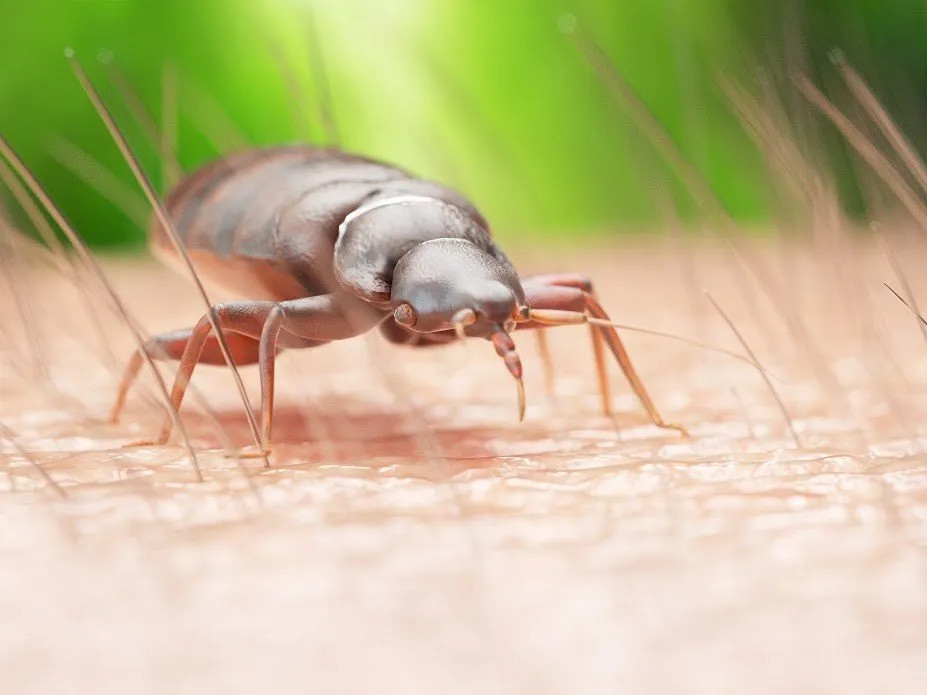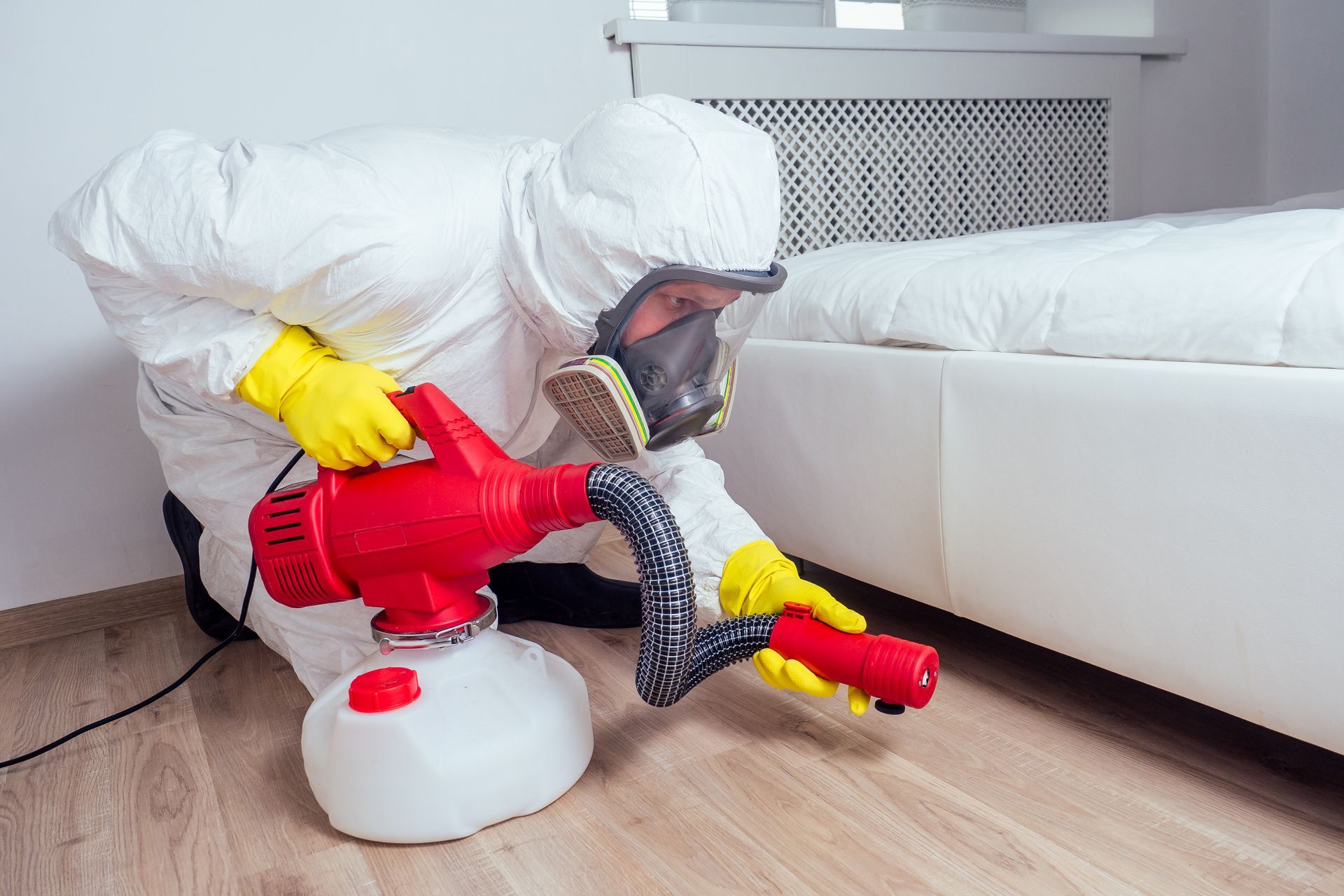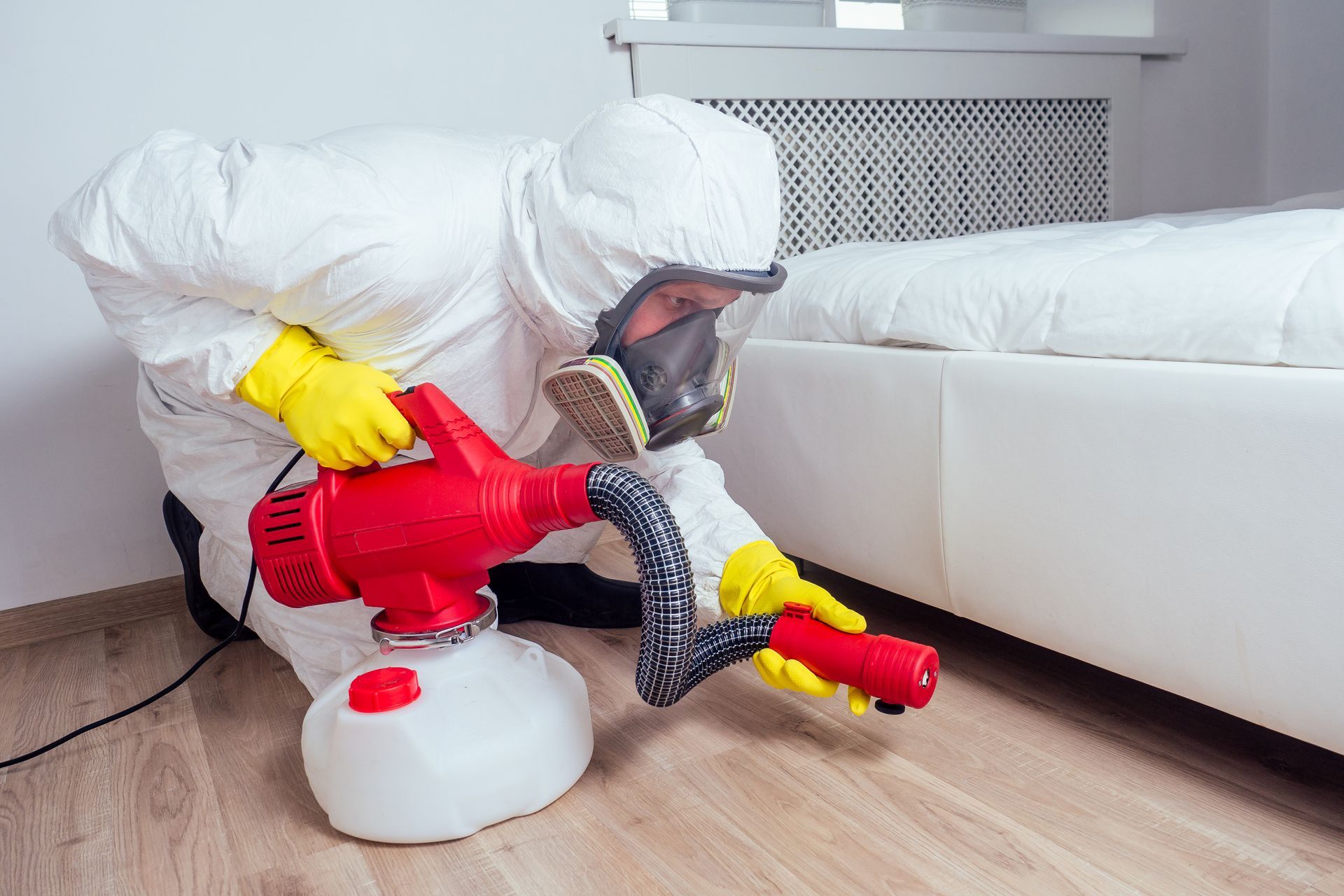4 Pests to Watch Out for This Summer
As any area resident can confirm, summertime in Indiana brings plenty of heat. The warmer temperatures often produce prime breeding conditions for a variety of annoying or even potentially dangerous pests.
The more you know about what kinds of intruders to look out for this summer, the more easily you can take steps to guard your home against them. Here are four kinds of pests that you'll want to prevent as the mercury in your thermometer continues to rise.
1. Bedbugs
You may (rightly) think of bedbugs as a year-round indoor menace. However, these tiny insects enter your home from outdoors, where increased summertime temperatures appear to accelerate their feeding and reproduction. Once they enter your home, they then continue to thrive through the winter.
Although bedbugs don't seem to spread dangerous diseases to humans, they do suck the blood of human hosts, typically while the hosts sleep. Their bites leave itchy, reddened welts on the skin that may bear a superficial resemblance to mosquito bites. You may also see tiny black specks or blood stains on your bedding.
Bedbug infestations usually call for professional treatment techniques to eliminate the entire infestation quickly and effectively. However, you can reduce your chances for a bedbug problem by purchasing only new bedding, keeping luggage in your car instead of bringing into a home or hotel, and inspecting hotel rooms carefully.
2. Fleas
Fleas prefer warmer temperatures and humid conditions, both of which make summertime an ideal time for these bothersome creatures to overrun your yard. They thrive in thick piles of debris, dense shrubbery, and unkempt lawn grasses, which offer both shade and a useful hiding place for their eggs.
Unlike some pests, fleas have the ability to jump several feet, landing on mammalian hosts such as outdoor pets. And as pets come indoors, they may bring the fleas with them, allowing these creatures to continue laying eggs in upholstery and carpets. The fleas may then latch on to the human members of the household.
Flea bites can transmit serious diseases, like cat scratch disease. They can also introduce larval tapeworms into the bloodstream, resulting in a parasitic infestation of the digestive system. The bites also cause a reaction called allergic dermatitis, which in turn produces hives and itching.
Smart flea prevention strategies include trimming your shrubs and lawn as short as they can safely stand, clearing out any debris that might harbor fleas, and putting pets on medication to keep fleas from infesting them. Additionally, you should vacuum your upholstery thoroughly and regularly, disposing of the vacuum bag each time.
3. Ticks
Ticks thrive in heat, humidity, and overgrown vegetation just as fleas do. These arachnids (characterized by their eight legs) can assume a much larger size than fleas, especially when they grow bloated with ingested blood. They produce fewer eggs than ticks but tend to latch on their hosts for longer periods.
Like fleas, ticks transmit a variety of germs. Diseases spread by tick bites include ehrlichiosis, anaplasmosis, Rocky Mountain spotted fever, and Lyme disease (the single
most common pest-to-human disease transmission in the U.S.).
The same preventative measures that control flea infestation can also work against ticks. However, pets may need more than one medication to ward off both kinds of pests.
4. Mosquitoes
As temperatures rise to typical summertime levels, so does the size of the local mosquito population, especially in the presence of water. Indiana hosts
53 species of mosquitoes, and some mosquitoes may deposit up to 200 eggs at a time.
Mosquito bites can leave you with more than just itchy bumps on the skin. Encephalitis represents the most serious danger associated with mosquito bites. This potentially fatal brain inflammation may take the form of eastern equine encephalitis, West Nile virus, St. Louis encephalitis, or LaCrosse encephalitis.
You can control your household mosquito population by draining sources of standing water and covering pools. Wear long sleeves and pants for extra protection against bites, and schedule monthly treatments to limit mosquito swarms.
American Pest Professionals can help you enjoy a pest-free summer.
Contact us today.










